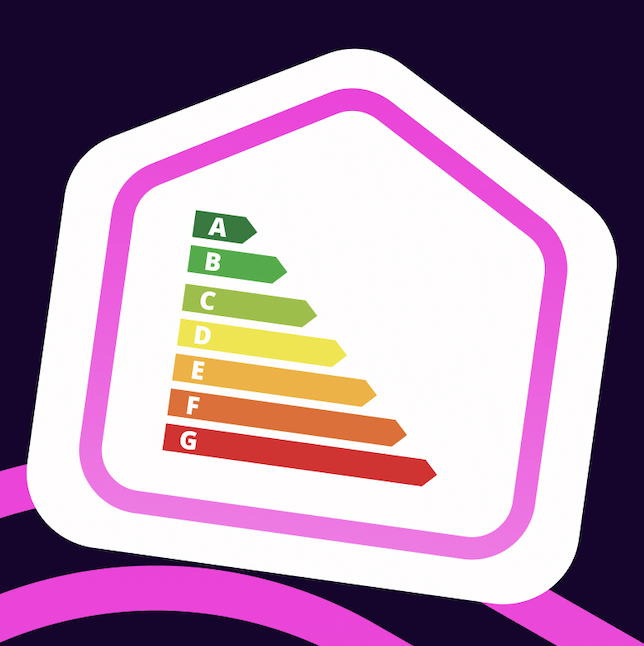With the clock ticking towards 2030, landlords across the UK face a crucial deadline: all rental properties must meet minimum Energy Performance Certificate (EPC) rating of C to comply with proposed government energy efficiency standards. While it may seem like there’s still plenty of time, acting now can save you money, boost your rental income, and even increase your property’s value if you plan to sell in the next five years.
Why do the 2030 EPC standards matter?
Energy efficiency is becoming a legal requirement rather than just a tenant preference. The UK government is pushing for greener homes to reduce carbon emissions, cut tenant energy bills, and improve housing quality.
Currently, rental properties must have a minimum EPC rating of E to be legally let. The proposed change will raise this to a minimum of C by 2030 for all rented properties. Landlords who fail to comply may face fines and restrictions on renting their properties once the standards are enforced.
Upgrading can take time and investment for landlords with older properties, rural homes, or those using oil, LPG, or electric heating systems. That’s why preparing now makes financial sense.
What’s the financial impact for Landlords?
Increased property value if you plan to sell
Upgrading your rental property’s EPC rating helps meet legal standards and makes your property more attractive to buyers.
A study by the Department for Business, Energy & Industrial Strategy (BEIS) found that improving a property’s EPC rating from D to B could increase its value by up to 14% in some regions. Buyers are increasingly looking for energy-efficient homes due to rising energy costs. A property with improved insulation and modern heating systems will sell faster and at a premium price.
Reduced void periods and higher tenant demand
Tenants are becoming more energy-conscious, prioritising properties that offer lower energy bills. A rental property with:
Better insulation = Lower heating costs
Efficient heating systems = More comfortable living
Solar panels = Reduced reliance on external energy suppliers
Properties that meet or exceed EPC C standards will be more attractive to tenants, reducing void periods and increasing rental yield.
Access to fully-funded energy upgrades
Instead of waiting until 2029 and paying out-of-pocket for significant improvements, Landlords can now access fully-funded schemes to make energy upgrades at no cost.
Through the ECO4 scheme, landlords with properties with an EPC rating of E, F, or G and tenants on benefits or with a health condition may qualify for free insulation, heating system replacements, and solar panels.
What energy upgrades could improve your EPC rating?
Upgrading a property to an EPC C rating or above often requires a combination of loft and wall insulation, upgrading boilers and heating systems, and adding solar panels.
Each upgrade helps make the property cheaper to run, more valuable, and attractive to eco-conscious tenants.
Why acting now saves you more money
If you leave EPC upgrades until the last minute, you could pay more in the long run.
As the 2030 deadline approaches, demand for energy-efficient upgrades will skyrocket, making materials and labour more expensive. A property stuck at EPC E or below will be harder to sell and rent as buyers and tenants prioritise energy-efficient homes.
If your property doesn’t meet the new legal requirements by 2030, you may lose the right to rent it out, costing you thousands in lost rental income.
By acting now, you can spread the cost over time and take advantage of fully-funded energy upgrades while they are still available.
